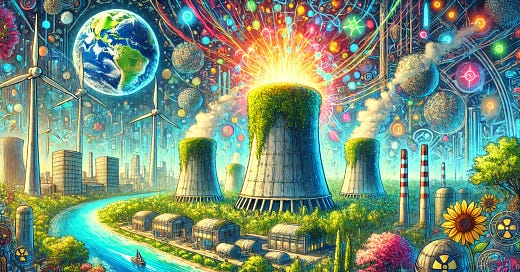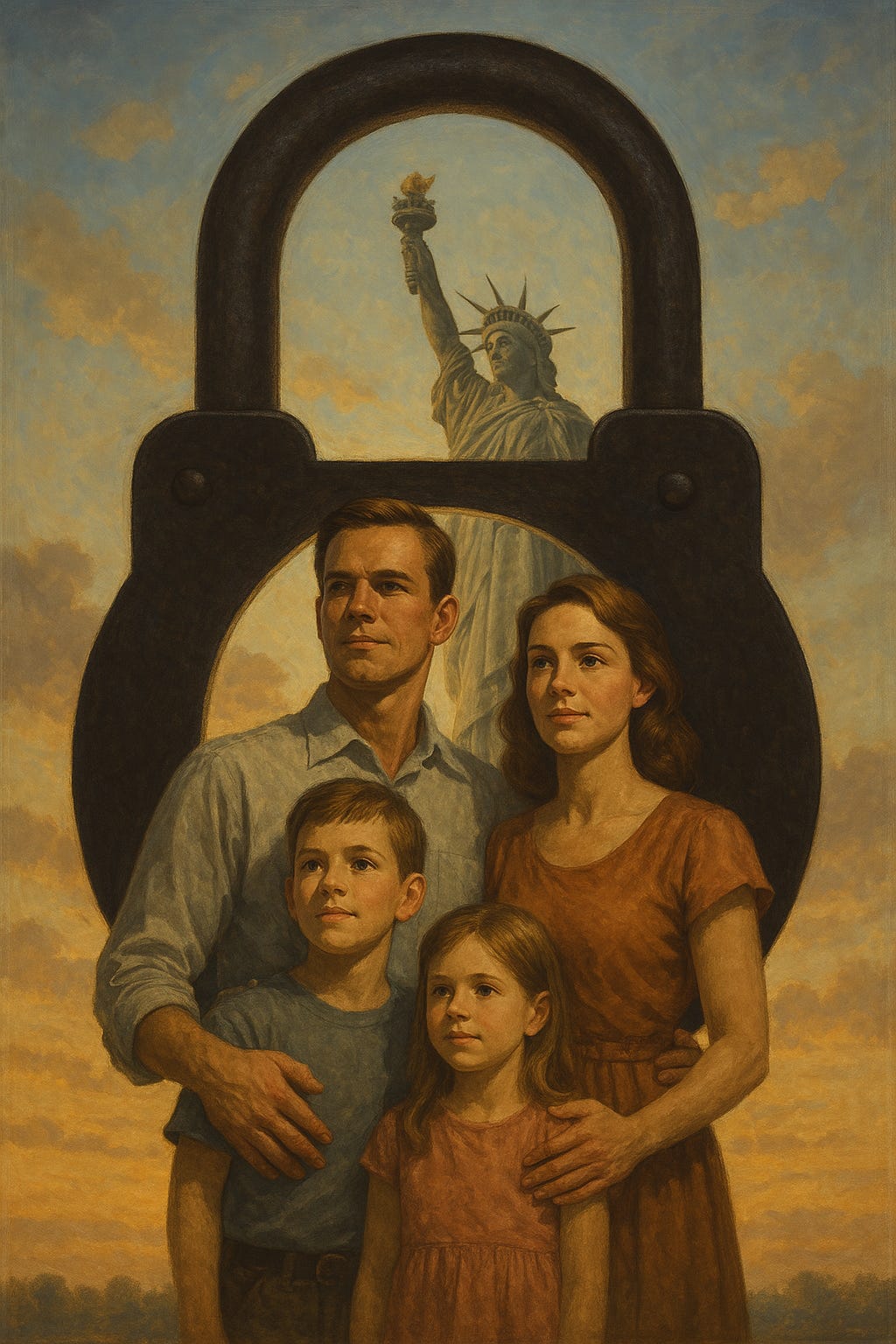Tell me something that is true that very few people agree with you on
One idea that’s true, but often met with disagreement, is the notion that cheap and abundant energy(in all it’s forms) is better for the ‘environment’ than energy scarcity. Cheap and abundant energy is the foundation of civilization's rapid growth and human flourishing.
Most people focus on incremental improvements or immediate problems, and there are real near term problems we need to address soon. Such as the radical overfishing of the oceans. (Which could be mostly solved through creating National Park Ocean Real estate around 14 miles from the shore to the shelf providing safe non-commercial fishing zones for fish breeding)
Longer term though, unlocking vast sources of energy with fission based reactors, like Thorium MSRs, will sustain technological, economic, and ecological flows for millions of years—transforming all life on a scale that’s difficult to imagine today. Many may argue for smaller-scale solutions like solar or wind, these can be good for their respective applications, but I am certain that atomic energy is the key to long-term abundance, since energy is the fundamental driver of everything humanity builds and energy density is critical. Especially for space exploration.
An additional view I hold that I suspect many people would disagree with is that we should be much more involved in the development of our long-term future and reduction of potential existential risks to us and ours.
We have a moral obligation to ensure the survival and flourishing of humanity over long timescales - hundreds, thousands even millions of years into the future.
So long as we have our threats identified, we ought focus on alleviating the most proximal risks before worrying about the longer term risks.
This leads me to advocate for further investigation into:
Fortification of familial norms, practices, rituals and trust foundations
Minimum necessary, formal governance architecture: Defense & Judiciary
Discovering and validating the best ways to pass down wisdom and culture across all generations
Discovering and ranking existential risks (e.g. from malevolent people, advanced AI, engineered pandemics, social dissolution, environmental disasters, meteors, volcanos, heat death of the sun, etc.)
Developing technologies which enable space exploration and colonization as a long-term survival strategy and near term resource utilization efficiency
My suspicion is that many people view these as fringe concerns or misallocation of resources compared to more popular issues of our time. But I believe the sheer scale of what's at stake in terms of humanity's long-term potential imbues these with more priority than they’re currently credited with.
That said, I acknowledge there's a lot of uncertainty in prioritizing existential dangers. Determining the priority of importance for long-term outcomes alongside our ability to meaningfully affect them is quite complex and will require substantial discussion.
What are your thoughts on this? I'm open to additional perspectives.
As a concluding truth I am convinced of that most don’t buy: freedom from government meddling is essential—we must keep bureaucrats hands off our lives, our homes, our pockets. No bureaucracy should dictate how we build our families or raise our kids. That kind of liberty is the bedrock we need to stand on, giving us room to shape what matters.
The challenge is: humans don’t thrive on limitless freedom. Within families, we set our own rules, not because we’re forced, but because they work. My parents dragged me outside, kept me busy, made me pitch in—not to control me, but to build me up. Those limits taught me focus and grit, the kind kids need to grow strong and develop into resilient adults.
Too much freedom in the wrong places frays things—families split, kids drift. History shows tight-knit homes held societies together; now, we’re looser, and it shows. We’ve got to temper our social freedom: cut the state out, but pick constraints that keep us rooted. Kids thrive with purpose, not aimlessness; homes last when we commit, not when we wing it.
It’s a design problem—hypothesize, test, and keep what holds up. Maximum freedom from government, absolutely, but voluntary guardrails at home to raise kids right and keep families together. Measure it by its longevity—happy days now, strong roots later, a line that doesn’t break. That’s how we get it right across time.
This balance isn’t just practical—it’s what makes life worth living.






